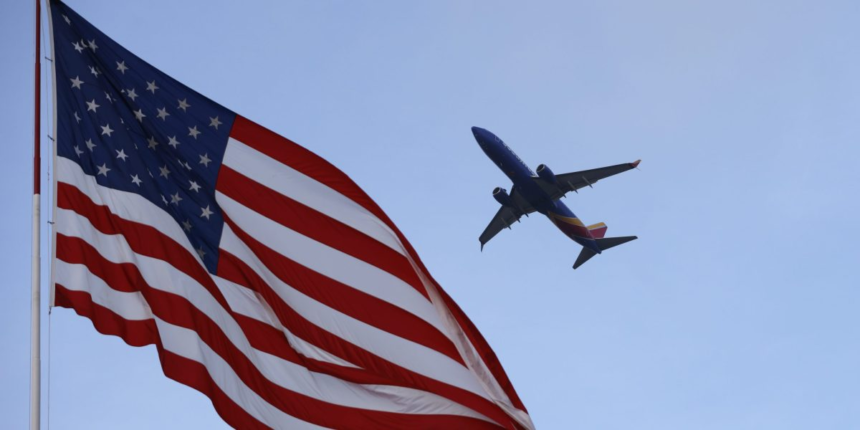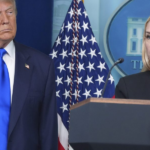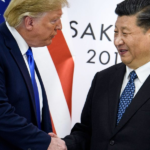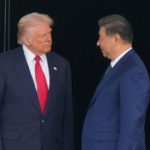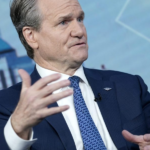Visitors to the United States will need to pay a new fee to enter the country, according to the Trump administration’s recently enacted bill.
CBO also expects the Department of State would need several years to implement a process for providing reimbursements. Still, the fee could generate billions, the agency estimates.
The fee is set at $250 during the U.S. fiscal year 2025, which ends Sept. 30, and must be paid when the visa is issued, according to the provision. The secretary of Homeland Security can set the current fee higher, the provision states. During each subsequent fiscal year, the fee will be adjusted for inflation.
Those eligible for reimbursement are visa holders who comply with conditions of the visa, which include not accepting unauthorized employment or not overstaying their visa validity date by more than five days, according to the provision.
“The fee’s design as a refundable security deposit, contingent upon visa compliance, should mitigate concerns among legitimate travelers.” Garcia wrote.
Reimbursements will be made after the travel visa expires, the provision said. Any fees not reimbursed will be deposited into America’s Checkbook, or the General Fund of the Government.
What’s unclear is the effective date of the “visa integrity fee.”
Brown points out that the fee is an add-on to others already required by U.S. travelers.
“For example, an H-1B worker already paying a $205 application fee may now expect to pay a total of $455 once this fee is in place,” Brown wrote.
CFRA’s Garcia expects demand to be unmoved by the fee, considering “higher-income” consumers comprise the majority of international leisure and business travelers to the U.S.
“For affluent travelers, the additional $250 represents a manageable increment relative to overall trip costs,” Garcia wrote. “The fee structure appears strategically designed to enhance compliance rather than broadly restrict travel.”


